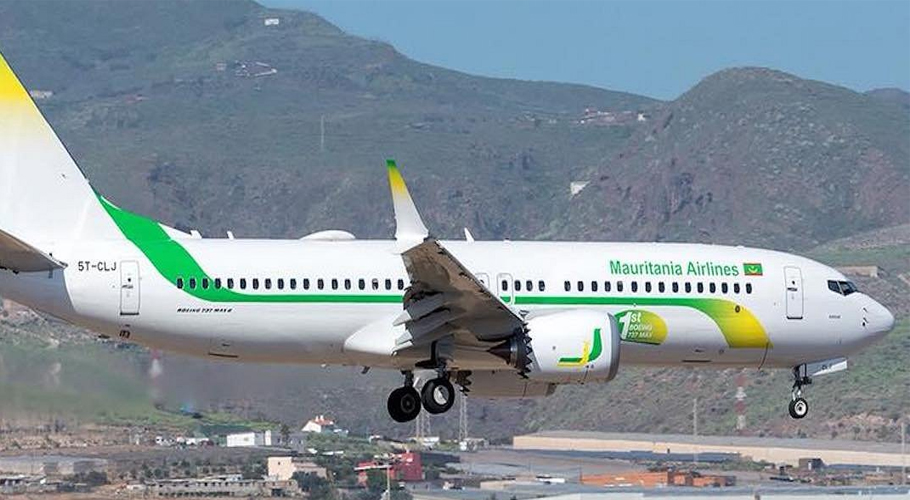 A catastrophic aviation disaster struck on Wednesday morning when a chartered aircraft carrying 220 pilgrims from Mauritania crashed into the Red Sea shortly after takeoff from King Abdulaziz International Airport in Jeddah, Saudi Arabia. All passengers and crew aboard the flight are believed to have perished.
A catastrophic aviation disaster struck on Wednesday morning when a chartered aircraft carrying 220 pilgrims from Mauritania crashed into the Red Sea shortly after takeoff from King Abdulaziz International Airport in Jeddah, Saudi Arabia. All passengers and crew aboard the flight are believed to have perished.
The pilgrims were returning home to Mauritania after completing the Umrah pilgrimage, a religious journey to Mecca undertaken outside the Hajj season. The aircraft—a wide-body twin-engine jet operated by a private carrier—reportedly encountered technical difficulties within minutes of departure
According to Saudi aviation authorities, the flight departed Jeddah at approximately 03:15 AM local time and lost contact with air traffic control about seven minutes later. Emergency crews and search-and-rescue teams were dispatched immediately, but debris and oil slicks discovered at sea confirmed the worst fears.
“We regret to confirm that there are no survivors,” said Saudi Civil Aviation Authority spokesperson Majed Al-Baqir during a press briefing in Riyadh. “We are coordinating closely with Mauritanian authorities and have launched a full investigation.”
Flight Details and Victims
- Aircraft Type: Believed to be an Airbus A330 operated by privately contracted airline for pilgrimage charters
- Passengers: 212 pilgrims from Mauritania
- Crew: 8 members (mixed nationalities)
- Flight Path: Jeddah, Saudi Arabia → Nouakchott, Mauritania
Families in Nouakchott, Kiffa, and Rosso have begun public mourning, with dozens of relatives gathered at the Nouakchott International Airport, waiting for official confirmations and names of the victims.
The President of Mauritania, Mohamed Ould Ghazouani, declared three days of national mourning, calling it “a black day in the life of our Republic.” The president also confirmed that a national disaster response committee has been activated and that support will be provided to the families of the victims.
Saudi and international aviation authorities are now focused on recovering the flight data recorder (black box) from the wreckage. Preliminary satellite and radar data have been shared with investigators.
Experts speculate that the crash may have been caused by a mechanical failure, possibly linked to engine malfunction or hydraulic issues, though no official cause has been confirmed.
“This is one of the worst aviation disasters in Mauritania’s history,” said aviation analyst Ibrahim D. Sillah. “Pilgrimage flights often operate under high-pressure conditions, and we must now wait for answers through data recovery and forensic analysis.”
Leaders from across Africa, the Middle East, and the Islamic world expressed condolences to Mauritania.
The Organisation of Islamic Cooperation (OIC) released a statement expressing “profound sorrow and unwavering solidarity” with the families of the deceased.
In Mecca and Medina, special prayers were held in mosques for the victims, and the Saudi Ministry of Islamic Affairs stated it would assist in transporting remains and supporting affected families.
As Mauritania reels from this devastating loss, the country has come together in prayer and reflection. Streets in major cities have gone quiet, flags fly at half-mast, and social media is flooded with tributes to the departed pilgrims—many of whom were elderly, devoted Muslims fulfilling a lifelong dream.
“They left seeking spiritual fulfillment and returned to God in a tragic way,” said Imam Harouna Ba of Nouakchott. “Let their memory be a reminder of faith, unity, and the fragility of life.”

